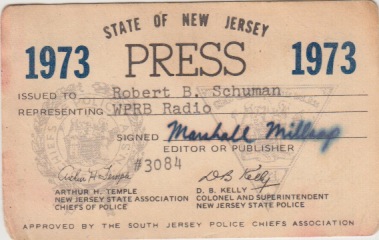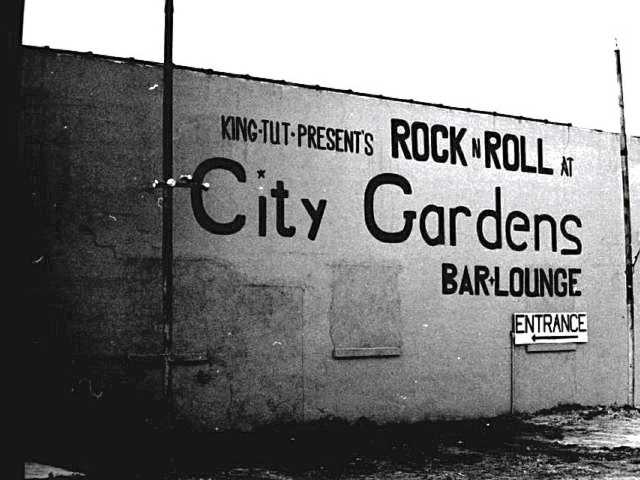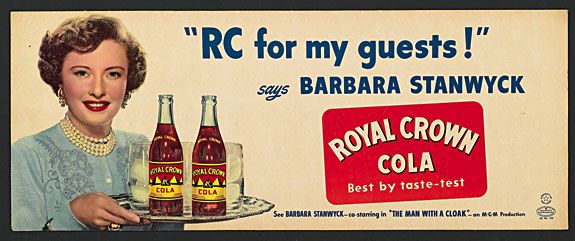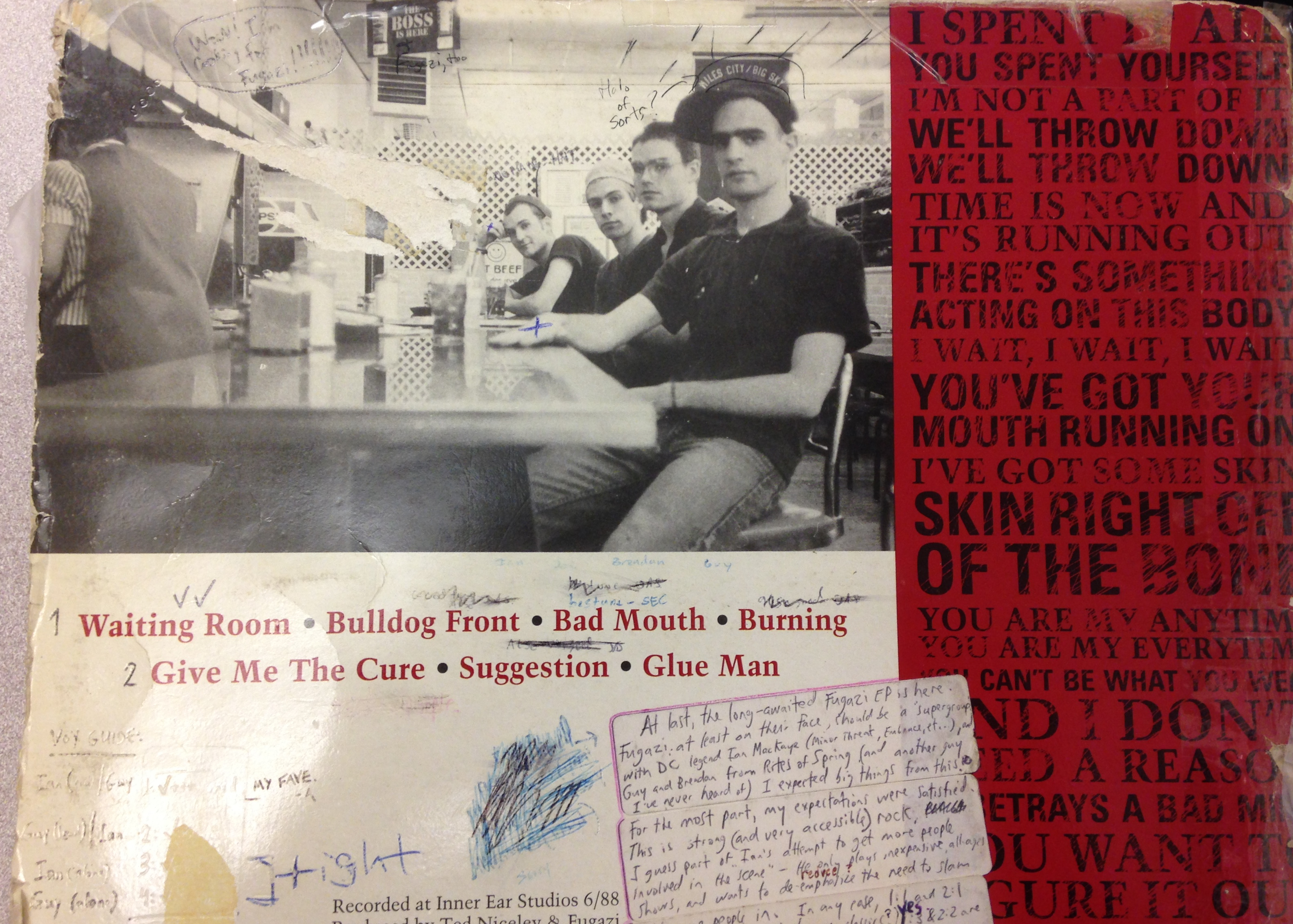WPRB in the Early 1970s
I started at WPRB in the fall of 1970. During the previous spring, four students were killed by the National Guard at Kent State in Ohio. When President Nixon ordered the bombing of Cambodia in late May Princeton, along with many other schools across the country, went on strike and officially shut down the University in protest.
The WPRB news department was deeply involved in covering the protest demonstrations and “Teach-Ins” on campus. We were the only instant communication outlet for the community, and took our mission seriously. Our news and actualities from both students and professors were fed to an ad-hoc network of Ivy League radio stations as well directly to the newsrooms of the major commercial radio networks.
I vividly remember crowding around the WPRB UPI ticker machine with others in my class waiting to see what my draft lottery number would be. With student deferments cancelled, if you got a low lottery number you could be plucked out of Princeton and conscripted to fight in Vietnam.
In 1972, I sold commercial airtime to the George McGovern for President campaign. (Cash in advance of course). We covered the Presidential election, crowding into studio A to broadcast election returns in between musical breaks. We also sent station reporters to the New Jersey candidate’s headquarters to cover the election night speeches. That’s how I learned that the open bar for the press closes as soon as your candidate is declared the loser.

I have lots of other memories of WPRB including a sports road trip when the PA announcer boomed to the entire arena, “WPRB—call your station, you’re off the air”. There was also the first summer on air, paid for in part by joining the New York Mets radio network. And I still have the now useless skill of being able to “slip cue” a record album.




